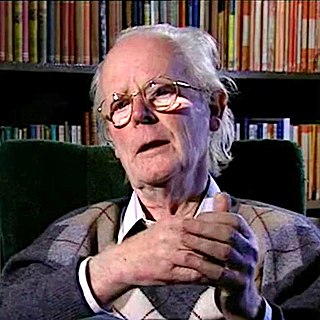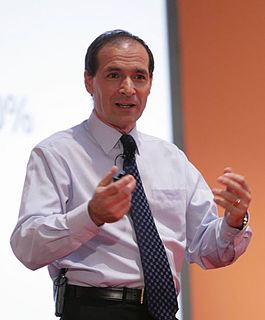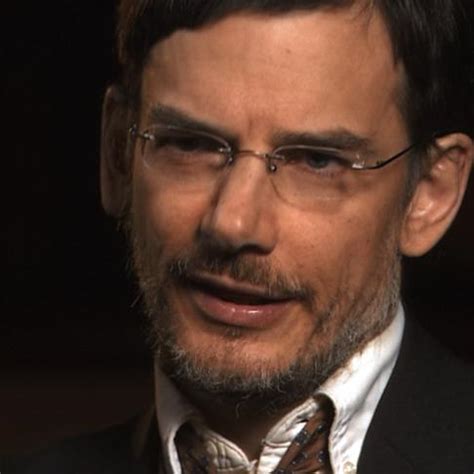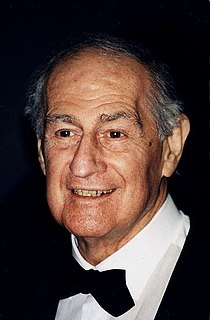A Quote by Elliott Sober
I think that the existence of Beethoven is remarkable, but I do not bristle at the suggestion that this event had a low probability given the initial state of the universe.
Quote Topics
Related Quotes
If an event can be produced by a number n of different causes, the probabilities of the existence of these causes, given the event (prises de l'événement), are to each other as the probabilities of the event, given the causes: and the probability of each cause is equal to the probability of the event, given that cause, divided by the sum of all the probabilities of the event, given each of the causes.
Among all the occurrences possible in the universe the a priori probability of any particular one of them verges upon zero. Yet the universe exists; particular events must take place in it, the probability of which (before the event) was infinitesimal. At the present time we have no legitimate grounds for either asserting or denying that life got off to but a single start on earth, and that, as a consequence, before it appeared its chances of occurring were next to nil. ... Destiny is written concurrently with the event, not prior to it.
It follows that the word probability, in its mathematical acceptance, has reference to the state of our knowledge of the circumstances under which an event may happen or fail. With the degree of information we possess concerning the circumstances of an event, the reason we have to think that it will occur, or, to use a single term, our expectation of it will vary. Probability is the expectation founded upon partial knowledge.
According to theism, if a universe is to have any probability of existing, this probability is dependent upon God's beliefs, desires and creative acts. But the Hartle-Hawking probability is not dependent on any supernatural considerations; Hartle and Hawking do not sum over anything supernatural in their path integral derivation of the probability amplitude.
We have to deal with this new type of threat in a way we haven’t yet defined. . . . With a low-probability, high-impact event like this . . . If there’s a one percent chance that Pakistani scientists are helping al Qaeda build or develop a nuclear weapon, we have to treat it as a certainty in terms of our response.
We must point out that in what concerns its material the event is not a miracle. What I mean is that what composes an event is always extracted from a situation, always related back to a singular multiplicity, to its state, to the language that is connected to it, etc. In fact, so as not to succumb to an obscurantist theory of creation ex nihilo, we must accept that an event is nothing but a part of a given situation, nothing but a fragment of being.









































